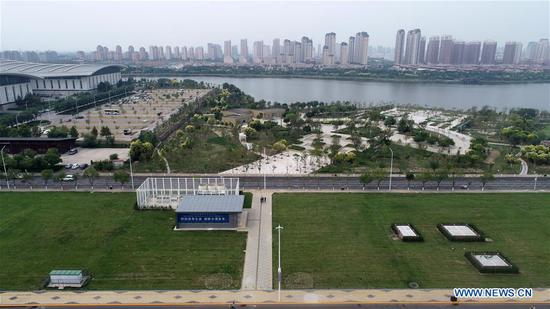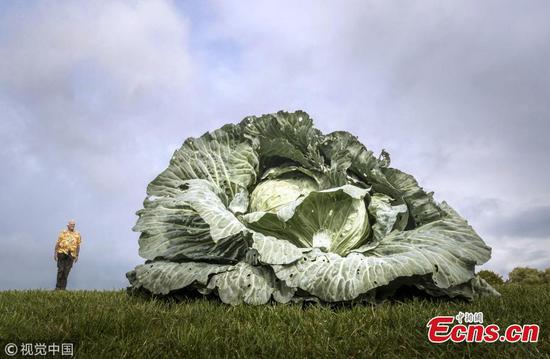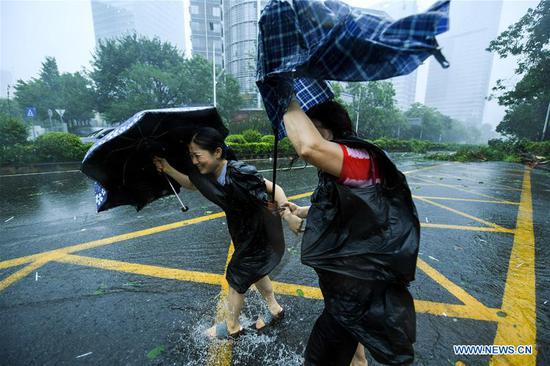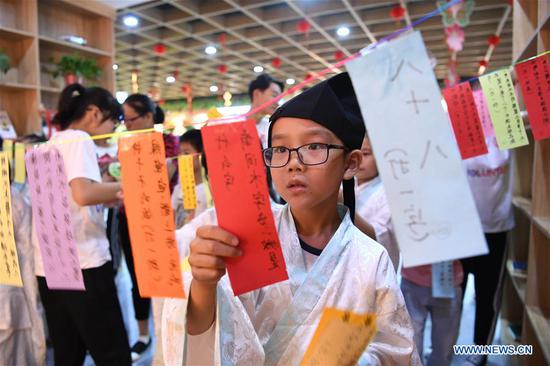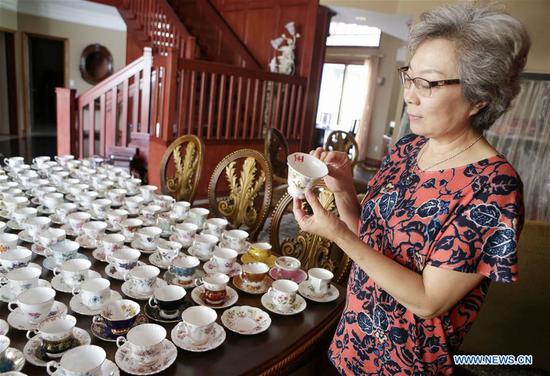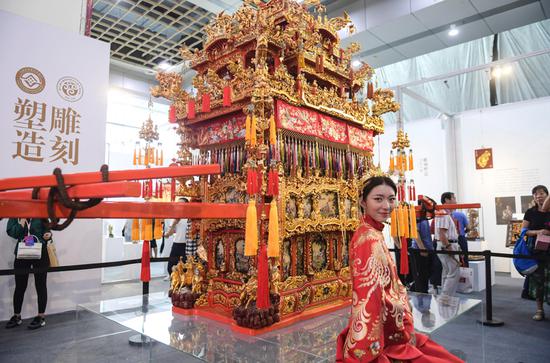China and the United States should avoid further confrontation and seek win-win solutions for all concerned, and their intention to begin a new round of negotiations is a positive signal, said Li Cheng, director of the Brookings Institution's John L. Thornton China Center.
Li, who is also a senior fellow in Brookings' Foreign Policy program, said the two countries should return to dialogue instead of "pointing fingers at each other".
On Wednesday, the White House announced it had invited China to engage in a new round of trade talks and China has welcomed the proposal. Over the past few months, the world's two largest economies have been embroiled in a tit-for-tat exchange of trade tariffs.
"Sooner or later, both sides will realize that confrontation is indeed lose-lose, and no one can win through this kind of trade war. Therefore, a certain degree of compromise and trade-off would be very important," Li said in an exclusive interview with China Daily.
Li, who is also a director of the National Committee on US-China Relations, said it's difficult to predict the results of the next round of talks, but he "certainly hopes that there will be some deliverable".
"We may not expect that the US side will be so forthcoming," he said, attributing that to the bureaucratic infighting amid US President Donald Trump's administration, as well as the growing trade confrontation.
"But any kind of discussion or dialogue is better than nothing," he said. "And, especially as this (invitation to resume talks) came before the 2018 Argentina G20 Summit. That's an incentive to get something done and move in the right direction."
Since early July, the US and China have each raised tariffs on $50 billion worth of each other's goods.
Asked about China's possible response if the US raises tariffs on $200 billion worth of Chinese imports, Li said there is "mixed sentiment".
"If Donald Trump can go back to the negotiation table without pushing China into a corner, China's compromise can give the country a brighter future," Li said.
"But if Trump uses other things to push China or the Chinese into a corner, I don't think the country will compromise," he said.
Li suggested the two countries have a good understanding of the complexities and each other's domestic pressures. "Putting ourselves into the other's shoes is very important."
Amid external pressure, China has and will continue to advance domestic reform and open the market, Chinese experts said at the China Development Forum Special Session, which began on Sunday in Beijing.
Wang Yiming, vice-president of the State Council's Development Research Center, said the Trump administration is taking unilateral measures to build trade barriers around the world, not just with China.
There is still room for China to improve its trade and investment policies, Wang said, citing the relatively high threshold of entry for foreign companies, especially in the service industry.
China will continue to ease foreign ownership restrictions in fields like finance, healthcare and elderly care, he said.
Li Yang, chairman of the National Institution for Finance and Development, said China must continue to stabilize or reduce debt in the economy, which will help in dealing with the current complicated economic and financial issues.
The two-day conference, themed at "A New Chapter for China's Reform and Opening-Up", gathered officials, scholars and business leaders from China and the US, as well as delegates from international organizations.











